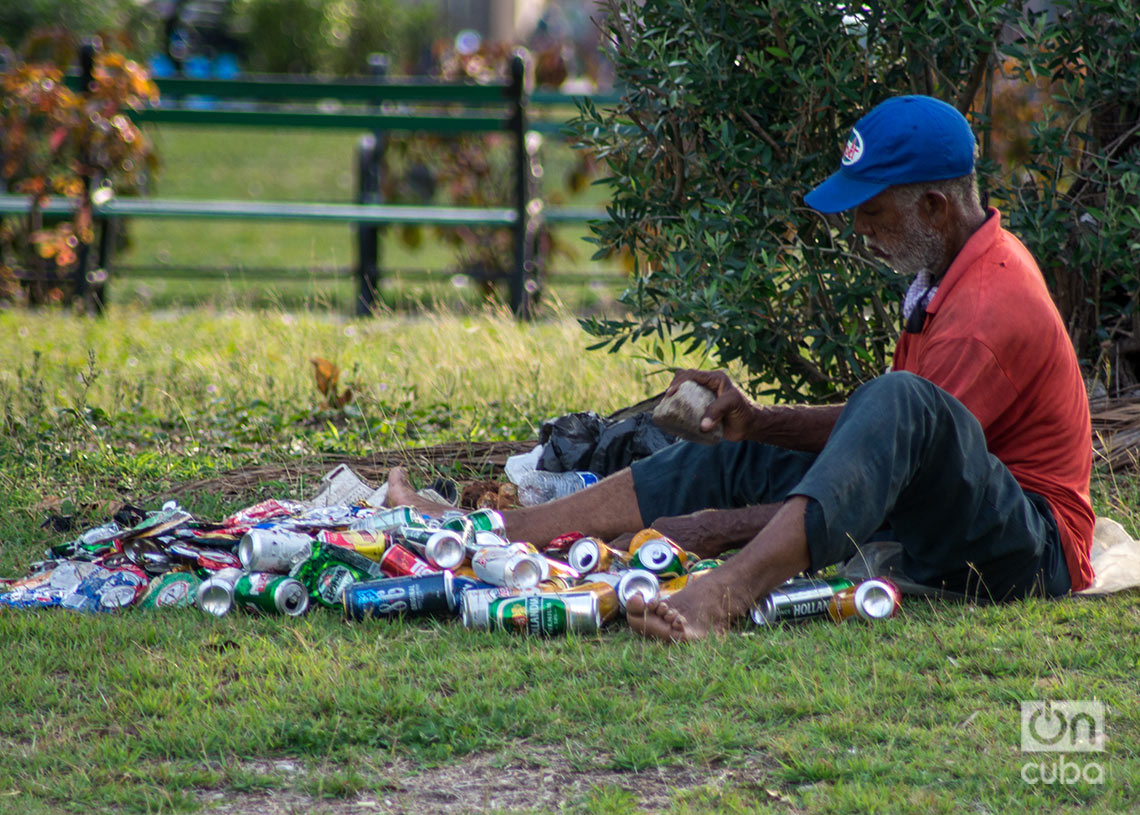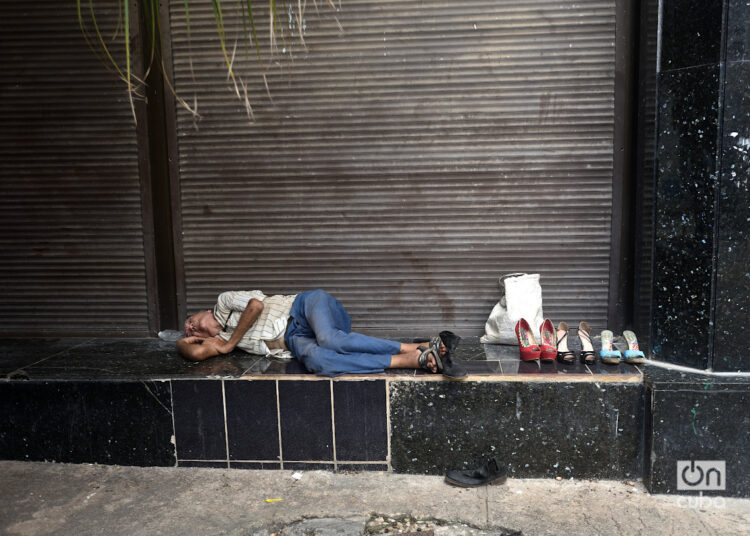Pedro broke a glass door to my house; he was begging for food. As a poor and schizophrenic man, without family or state support, rejected by many people, the object of ridicule and abuse, he wandered in search of food in the neighborhood and in unthinkable places. This man is not my enemy; he isn’t a criminal. Pedro’s miserable life is a resounding defeat for Cuban society.
A country is in bad shape, very bad, when public officials slander, criminalize and treat people who wander with contempt. This is strictly said about those who, in this condition, manifest extreme poverty for which they are not structurally responsible.
The statements made by Minister of Labor and Social Security Marta Elena Feitó Cabrera regarding these individuals are well-known. It is worth remembering that her report should have been approved at the appropriate levels before being presented to the deputies of the National Assembly of People’s Power.
Such approval implies that the problem posed by the high-ranking official’s statements is even more worrying. It raises alarm, once again, about the political culture of Cuban civil servants and, within it, their ethical foundation.
This latest episode of bad choices reaffirms a technocratic and insensitive framework.
Let us not forget those ministers of economy who “scolded” the people for the results of their own blunders. By the way, what will become of them?
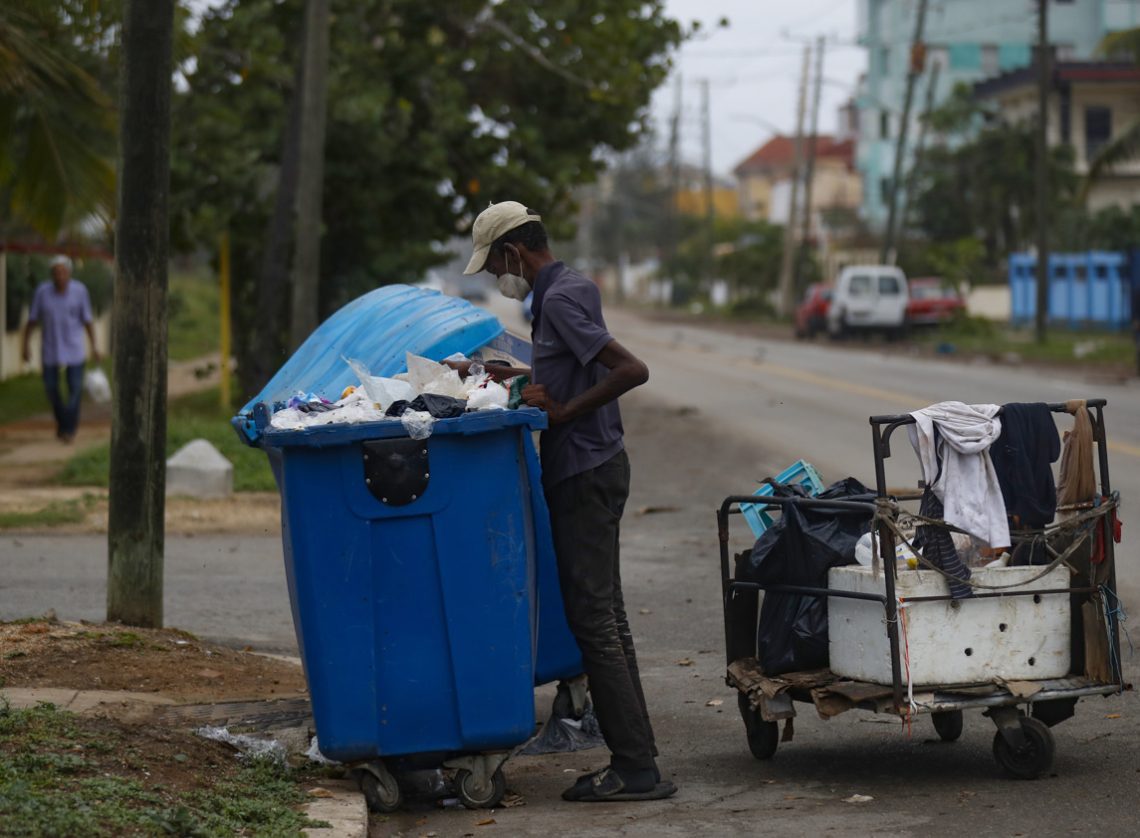
Returning to what is truly important, how far must a person’s living conditions deteriorate to rummage through the garbage looking for something to eat? How many closed doors have those who spend hours under the sun, scorned, in search of uncertain earnings from cleaning windshields had to knock on?
Who can endure a “life” in those conditions without avoiding alcohol? What child can be guilty or ill-mannered for begging for food or money? How many people wander, even inside their homes, without a decent present?
No human suffering fits into statistics. Even less so into the indolent concepts that decide what behavior is right and what is wrong, when you are worthy of attention and when you are not. Nor does it matter to human suffering that values are brandished without a social order to support them.
Nor should our scavengers of misery care much about how much they owe the National Office of Tax Administration (ONAT) for the raw materials they collect, or which self-employment classification best suits their situation of hopelessness.
One of the founding ideas of neoliberalism, to wit, one of its most ruthless assertions, is that the poor are responsible for their poverty; the sick, for their illness; the helpless, for their disability; the evicted, for their eviction; the unemployed, for their unemployment. This isn’t the first time this hairy ear has reared its ugly head in Cuban public discourse. Watch out!
According to the RAE (Royal Academy of Spanish Language), to wander is to move from one place to another without a specific direction. Can such aimless wanderings also be attributed to the ideological sphere? Can not having a clear idea of where we’re going as a country be understood as a wandering attitude?
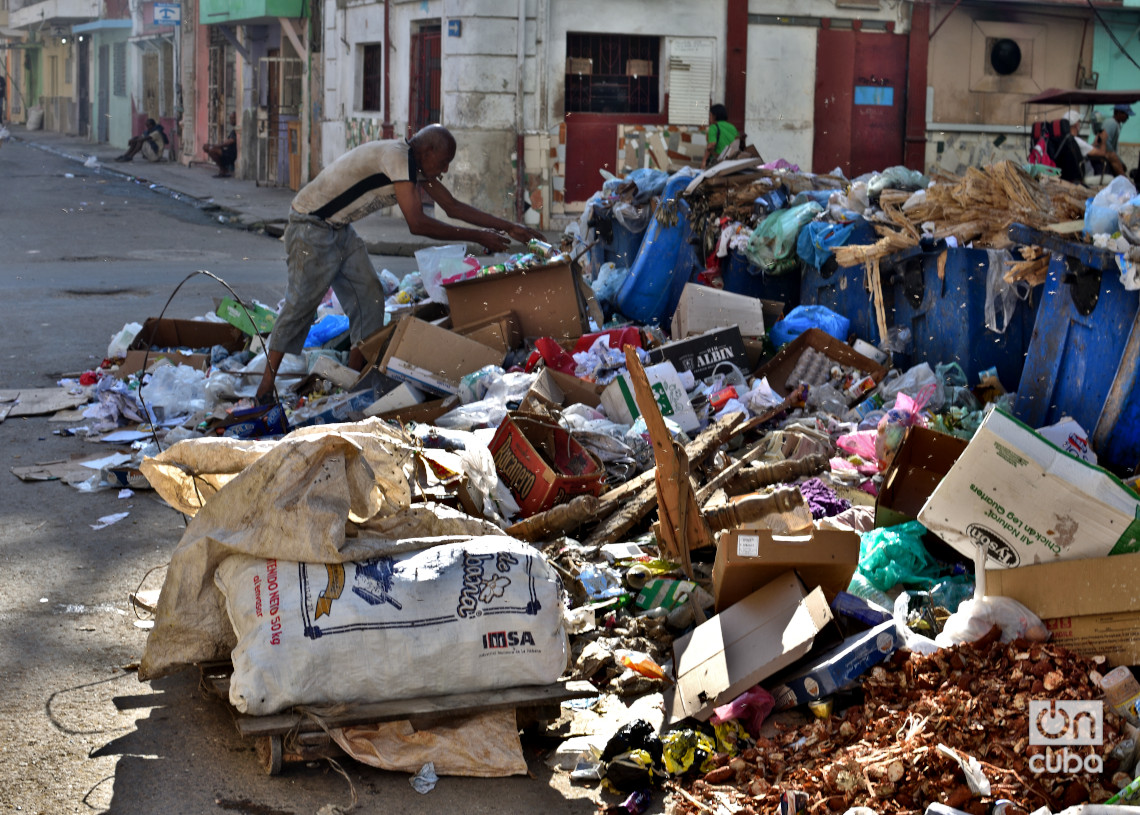
In contrast to that neoliberal certainty, I wonder: can one be a communist, or at least a socialist or a social liberal, without compassion in the face of pain, anguish and despair of the most disadvantaged people?
Can one be a good public servant without feeling the pain of the people? Can one be a good leader, a good politician, without being a good person? What kind of MPs do we need to hear in Parliament a resounding “ENOUGH!” in the face of such diatribes?
A public, open and pluralistic debate is essential about what kind of public servants the country we deserve needs. Let us address in this debate how they are elected, how they are monitored, and how they are dismissed. Mechanisms that ensure their ethical conduct must be added.
There will be no social order of justice without political representation that produces and enhances, above all, the dignity of the people. There will be no future for the national historical project without containing and challenging the indolence of those who administer the assets and rights of the community that we are.
For socialism, contrary to neoliberal doctrine, it is obvious that the problems of the people are not strictly individual: they are collective, social and public. So too are the solutions we must find.
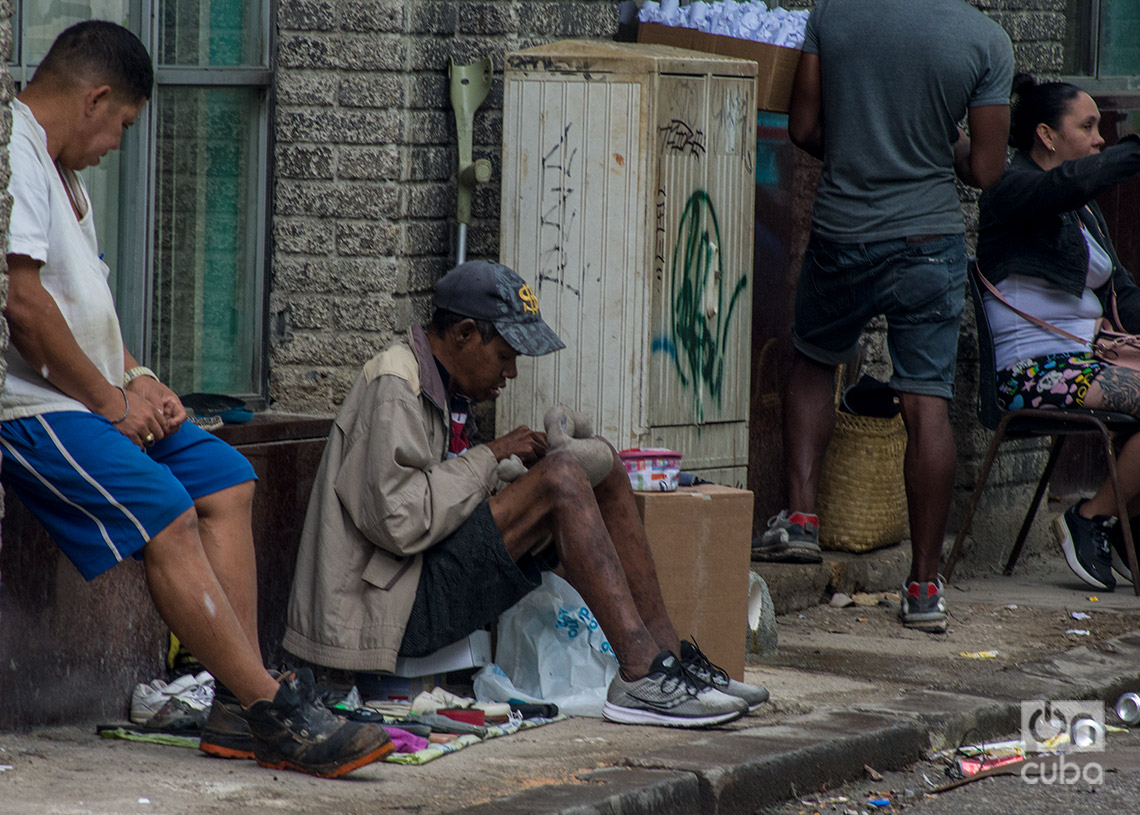
In this regard, the responsibility assumed in the face of public statements about the situation of the people, their lives, the shortages they suffer, and the causes that produce them is equally obvious.
From such responsibility arises the right to indignation and to complain when the people in general and the most affected people in particular are insulted.
We are all responsible, in one way or another, for those who are worst off (increasingly so, by the way). In order for us to find the quickest, most viable and fair solutions, what is necessary, above all, is an ethic that, in its preferential commitment to the poor, produces good policies, just arguments and compassionate attitudes.
Let us call poverty by its name and act accordingly. Let the end of euphemisms (vulnerable, disadvantaged, vagrant behavior, lack of protection, etc.) be a good and immediate start.
Vagrant behavior is not immoral; indifference toward those suffering from this social uprooting is.
It isn’t important whether it is indifference in the public or private sphere. It makes absolutely no difference. Whoever disparages the poor and not poverty should apologize and be removed from their duties. Let us accept that no public official can be above the dignity of the people.
Martí is indispensable to us in this hour of Cuba. He, who saw justice as the sun of the moral world and acted accordingly, knew that truth and tenderness are not useless. As a reflection of current emergencies, let us understand that politics without compassion will never be liberating.
